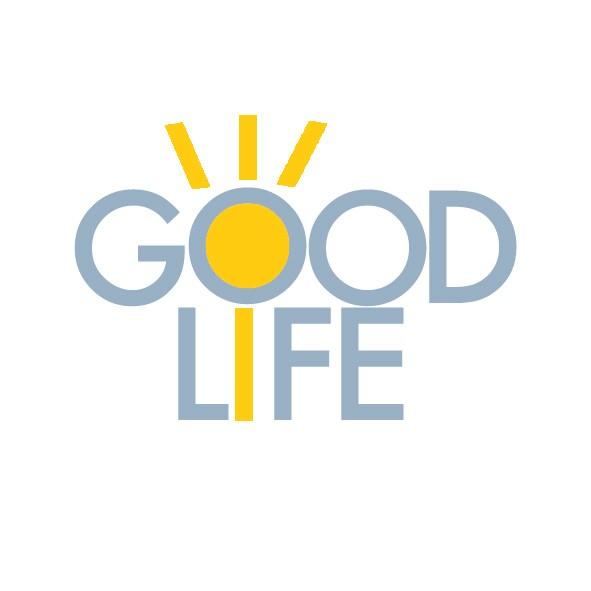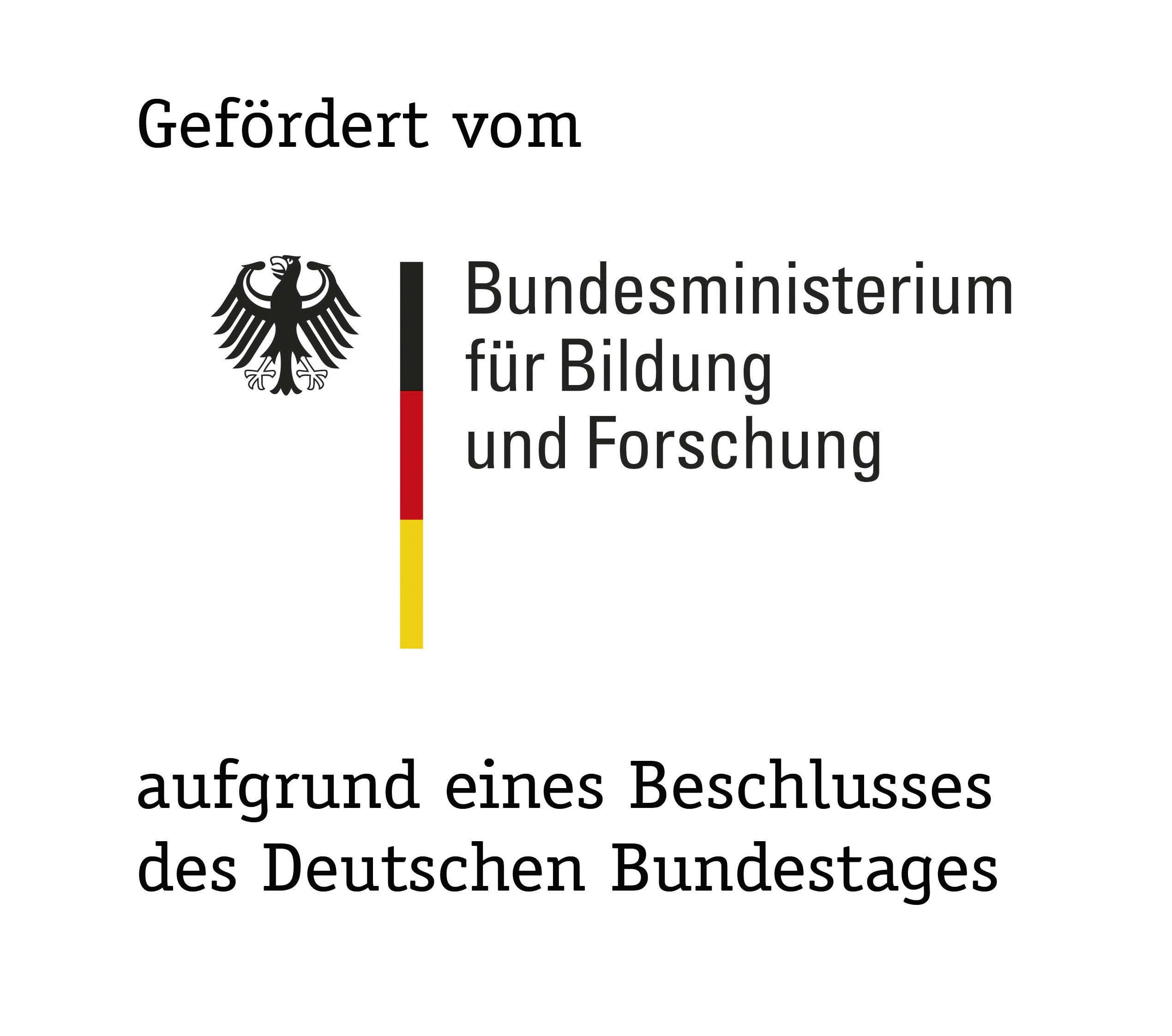Good Life, State and Society
| HOME | PARTICIPANTS | ABSTRACTS | CONTACT |
|
Conference: Good Life, State and Society: The workshop presented here is the second workshop in this series. It is jointly organized by the Institute of Philosophy and the Institute of China Studies at the Freie Universität Berlin. Against the backdrop of the current developments in China outlined above, the workshop will investigate "Good Life, State and Society" and will bring together Chinese and international Alumni and other international experienced and young scholars from the social sciences, philosophy and area studies to engage in a dialogue addressing the following three topics in a two-day workshop at Freie Universität Berlin. Following sections / panels are in preparation:
|
Introduction: The Chinese third sector, understood as the area in which people get involved in tackling the challenges of an ever changing society, has developed rapidly since reform and opening policy was introduced in the late 1970s. Currently, there are more than 665,000 officially registered social organizations, large and small, private or semiprivate, engaging in all kinds of social issues. In 2016, the Chinese government has introduced the Charity Law fundamentally reshaping the activities and possibilities of societal organizations and their work in China. In addition, the Work Report of the Secretary General of the Chinese Communist Party and State President Xi Jinping on the occasion of the 19th Party Congress in October 2017 highlighted certain areas of special attention in regard to the role of social organisations in China from the perspective of the ruling Party. In particular, it underlined the importance of, firstly, the role of social organizations in consultative democracy and governance, and secondly, the role of social Organisations in solving environmental problems. The role of societal groups has been recognized and their work is fostered and encouraged. In 2017 the Freie Universität Berlin initiated, in cooperation with several Chinese Universities, the alumni-network-program "The Good Life/生活智慧" which is funded by the German Ministry of Education and Science. The purpose of this program is, to build up and cultivate a Chinese-German scholars' network of alumni of the humanities and social sciences of all the involved partner universities under the umbrella of the philosophical question of What makes a good life. This question encompasses at least three perspectives: First of all, good life is a problem of practical philosophy and with it a problem of ethics, i.e. the moral foundations of human life, and also a problem of the meaning of life. How should we lead our lives, what should be our guiding principles? Secondly, good life is a question of specific national settings. In which way do national circumstances and cultural traditions influence good life? Thirdly, the question then touches issues of social life. How do people in China and Germany live, work and act together in their contemporary societies, particularly in modern urban settings? Which role do people assign to themselves in these societies, what is their personal responsibility and contribution to society, how do they engage and participate in public life and in the tackling of social challenges? In this context a German-Chinese series of "Good Life Workshops" has been initiated. . |





